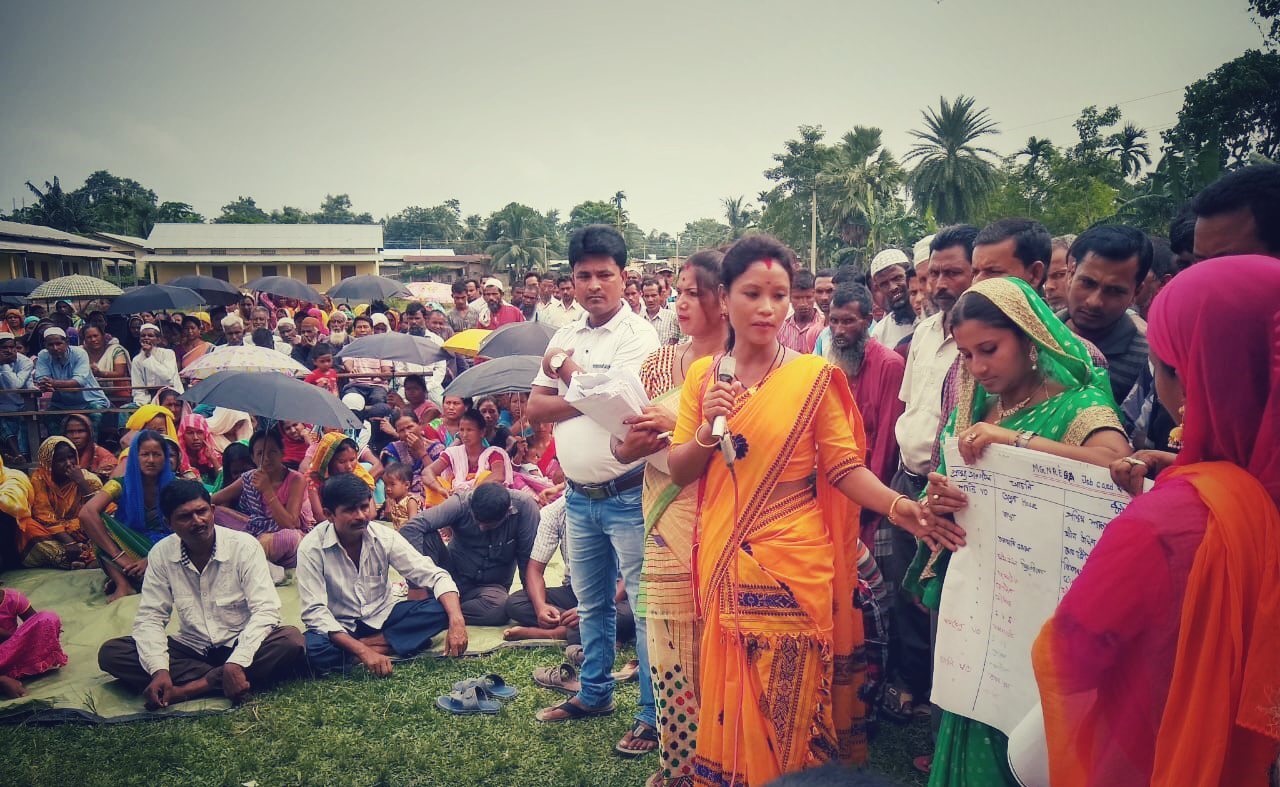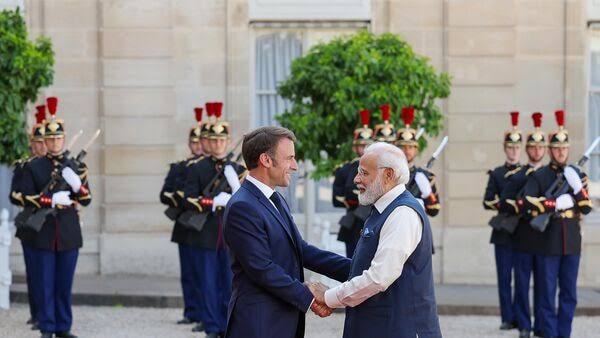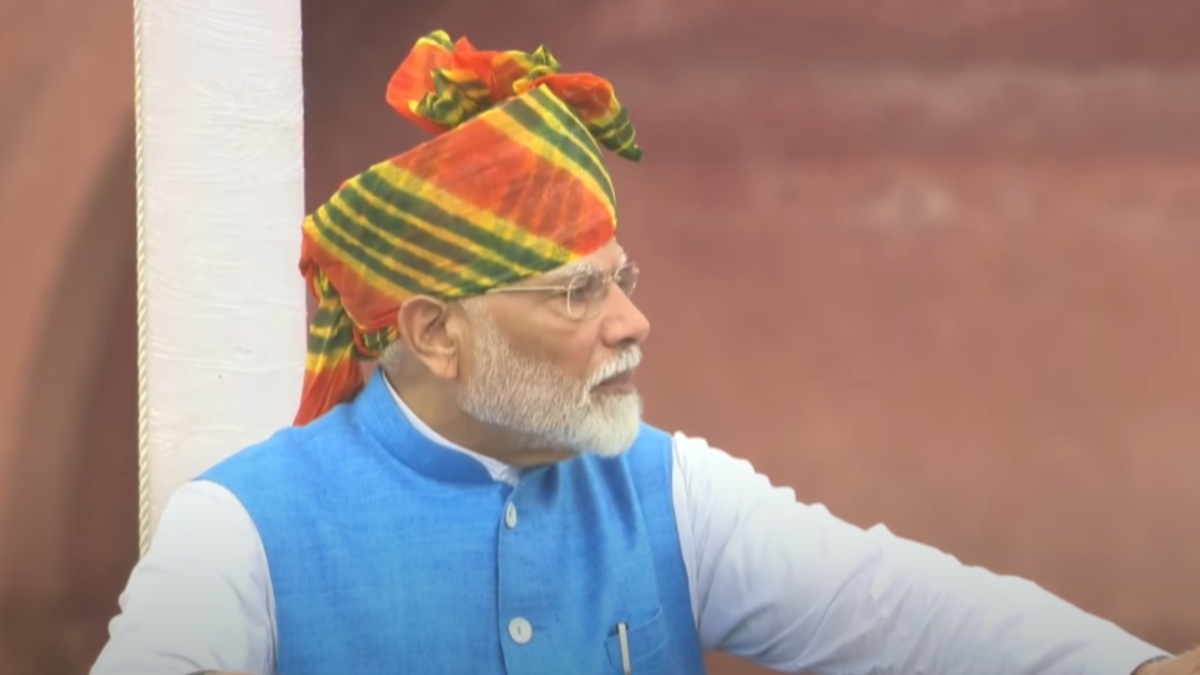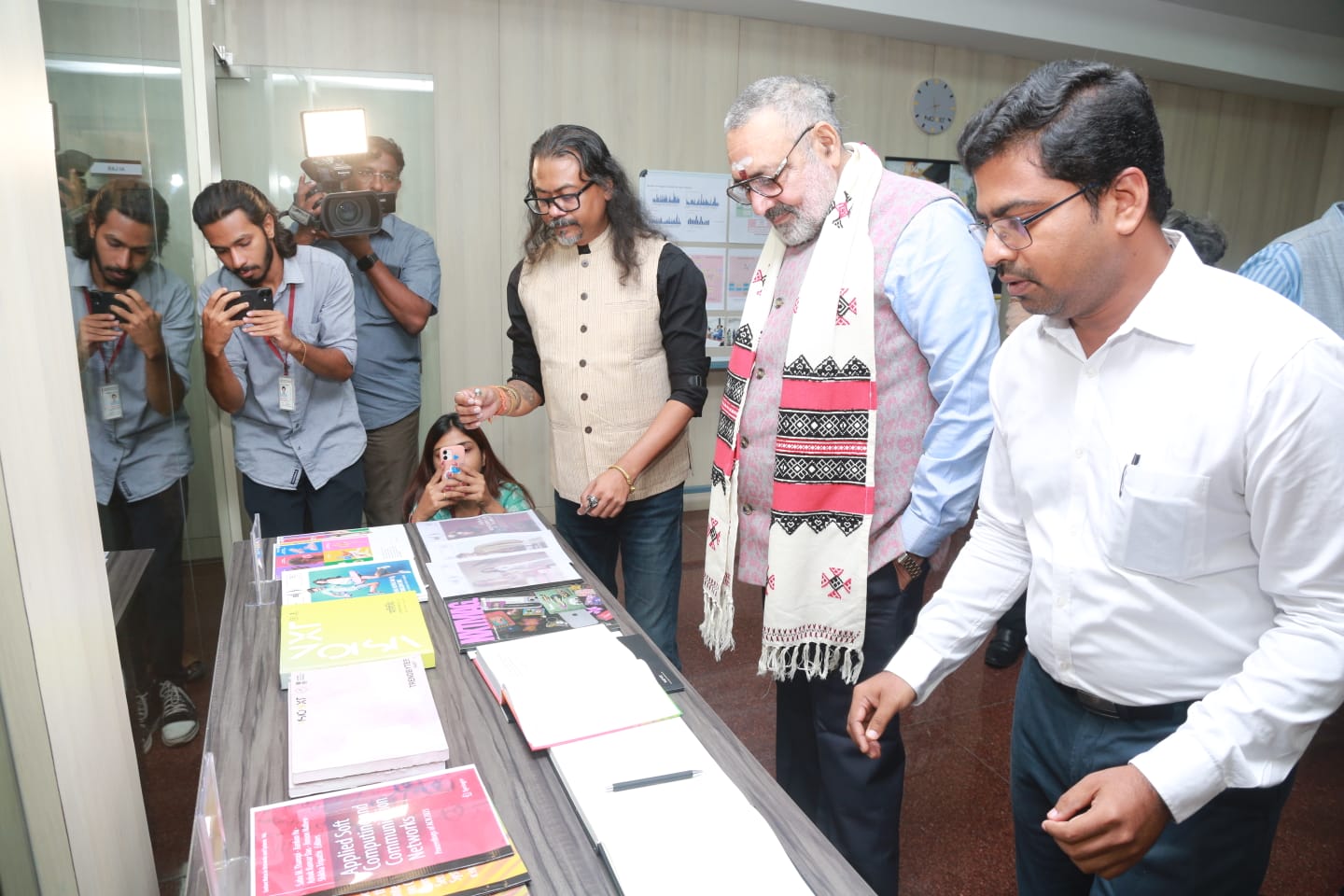The vibrant tapestry of rural India is undergoing a remarkable transformation, where the threads of women’s empowerment are intricately woven into the fabric of local governance. Panchayats, the very foundation of this grassroots democracy, are no longer solely male-dominated spheres, but platforms where women rise, claim their rightful space and shape the destiny of their communities. This press release by the Ministry of Panchayati Raj paints a hopeful picture of progress, outlining a roadmap of initiatives and achievements, yet acknowledging the ongoing journey towards true gender equality.
 The landmark reservation of 50% seats for women in Panchayats across 21 states and 2 Union Territories stands as a powerful symbol of change. However, numerical representation is merely the first step. Deep-rooted social and cultural barriers, combined with unequal access to resources and training, often create an uneven playing field. To bridge this gap, a multi-pronged approach is needed, one that empowers women not just with seats, but with knowledge, skills, and confidence.
The landmark reservation of 50% seats for women in Panchayats across 21 states and 2 Union Territories stands as a powerful symbol of change. However, numerical representation is merely the first step. Deep-rooted social and cultural barriers, combined with unequal access to resources and training, often create an uneven playing field. To bridge this gap, a multi-pronged approach is needed, one that empowers women not just with seats, but with knowledge, skills, and confidence.
The Ministry of Panchayati Raj has launched several initiatives to address this need. The Rashtriya Gram Swaraj Abhiyan (RGSA) equips Panchayat functionaries, including women representatives, with the tools and training needed to navigate the complexities of governance. Programs like GPDP (Thematic Gram Panchayat Development Plan) empower women to actively participate in planning and decision-making processes, ensuring their voices are heard and reflected in development plans.
Technology acts as a powerful ally in this journey towards empowerment. Platforms like eGramSwaraj and AuditOnline bring transparency and accountability to financial management, dismantling traditional power structures and promoting gender-responsive budgeting. The SVAMITVA scheme empowers rural households, often led by women, by providing crucial property rights and unlocking opportunities for asset monetization, fostering economic independence.
True empowerment cannot be achieved in isolation. It requires active participation from both women and men, a collective shift in mindsets that values diverse perspectives and acknowledges the unique contributions women bring to the table. Citizen Charters, adopted by over 2 lakh Panchayats, are a testament to this growing shift, holding Panchayats accountable to the people they serve, regardless of gender.
The path forward demands continued commitment. Bridging the digital divide, promoting financial literacy, and combating gender-based violence are some of the critical areas that require focused attention. By investing in targeted interventions, dismantling discriminatory practices, and fostering a culture of inclusivity, Panchayats can truly become catalysts for an equitable and prosperous rural India.
While this press release highlights significant progress, it also serves as a reminder of the unfinished journey. Empowering women in Panchayats is not merely a national goal, but a global imperative, echoing the UN Sustainable Development Goal 5 of achieving gender equality. As we celebrate the strides taken, let us also acknowledge the challenges that remain, and pledge to work collectively towards a future where Panchayats become true symbols of inclusive governance, woven with the threads of women’s leadership and the collective prosperity of rural India.




